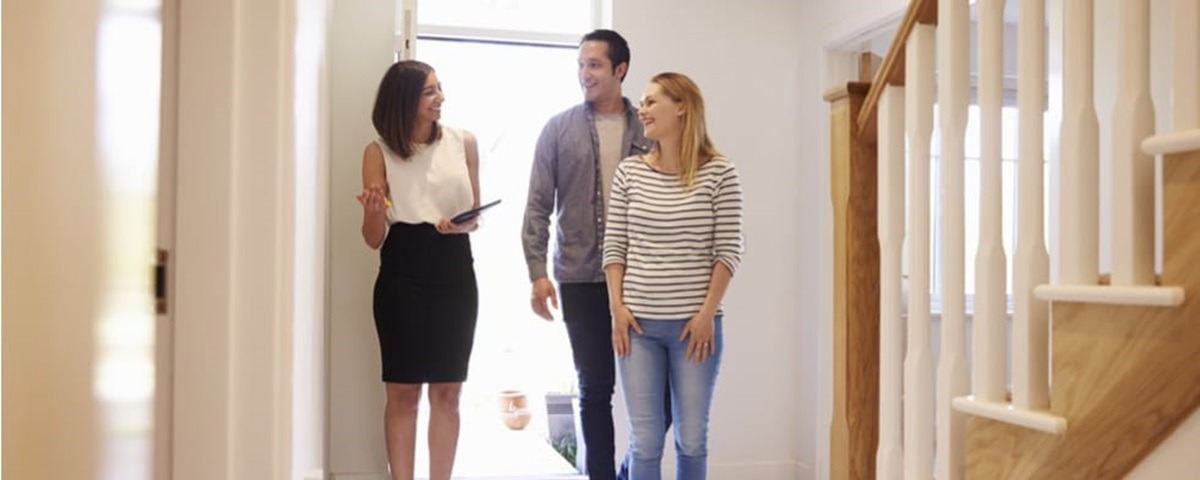Leasehold vs Freehold
Ready to buy your new home? There are two types of ownership in the UK: leasehold and freehold. Flats are mostly owned on a leasehold basis, while houses are sold as freehold. This guide explores what each means, along with their pros and cons.
What is a leasehold?
Leasehold pros and cons
Getting a mortgage for leasehold properties has pros and cons, as outlined below.
| Leasehold pros | Leasehold cons |
| Usually cheaper than freehold. | Shared ownership of the property and land. |
| No costs for maintenance or repairs. |
Ground rent and service charges are paid on top of your mortgage. |
| No responsibility for maintaining communal areas. |
Written permission is needed to make changes to your home. |
| No responsibility for paying building insurance. |
Written permission is needed to keep pets or run your business. |
| Potential difficulty selling a leasehold with a shorter lease. |
How does a mortgage on a leasehold property work?
When applying for a mortgage on a leasehold property, lenders will consider:
• The property condition. Lenders conduct a valuation of your property to ensure it’s fit for a leasehold mortgage.
• The length and cost of the lease. A leasehold should have at least 80 years left. Anything below this could affect its value, making selling or getting a mortgage more difficult. Lenders will also consider service charges, ground rent and admin fees.
• Your suitability. Lenders check your credit score, income and other outgoings to ensure you can afford the monthly repayments.
Qualifying tenants can extend the lease by up to 90 years, provided they’ve owned the property for two years. Freeholders will charge a fee depending on the property type.
Who counts as a qualifying tenant?
Qualifying tenants are people whose original lease was for 21 years.
What is a freehold?
Freehold means you own the property and the land it stands on outright. You don’t pay any ground rent, service charges or admin fees. You’re responsible for the upkeep of the building, and your name will be in the Land Registry as a freeholder, owning the ‘title absolute’.
Freehold pros and cons
Mortgages for freehold properties come with advantages and disadvantages, including the following:
| Freehold pros | Freehold cons |
| Full ownership of the house and land |
Usually more expensive |
| There’s no need to pay ground rent, admin fees or service charges |
It can be challenging to find freehold flats |
| Freedom to do what you want to your home |
Responsibility for the upkeep of the building |
| There are no concerns about the lease running out |
The main differences between leasehold and freehold mortgages
1. Property ownership. Buying a freehold means owning the property and the land it stands on. Buying a leasehold means you’ll only own the property.
2. Service charges. With freehold properties, you’re only responsible for the upkeep of the property. You pay ground rent, service charges, and admin fees with a leasehold.
3. Gardens. With a freehold, you own the garden. With a leasehold, the landlord does.
4. Remortgaging. It’s easy to remortgage a freehold property, whereas it’s harder to do the same on a leasehold. Lenders want to see at least 80 years left on the lease.
Our guide to understanding what mortgage is best for you can help you make an informed decision.
At David Wilson Homes, we have brand-new homes across the UK and unique offers for first-time buyers, upsizers and downsizers. Our energy-efficient properties are equipped with the highest specifications, including argon-filled double glazing and highly thermally efficient insulation fitted as standard.
Call our Sales Advisers today to reserve your new home.




